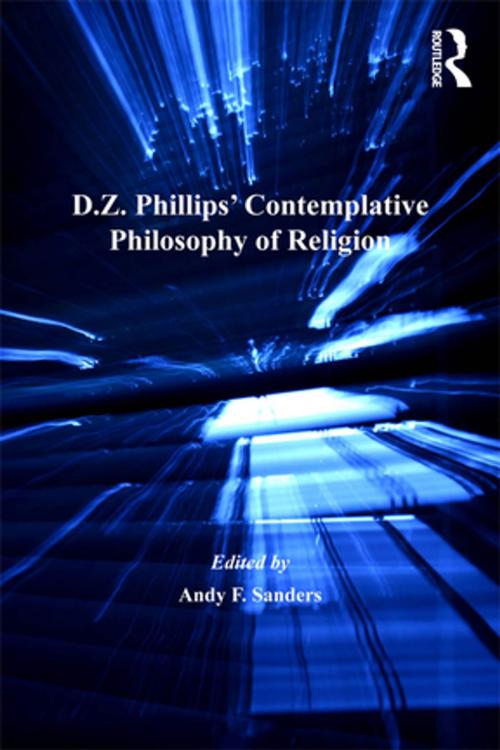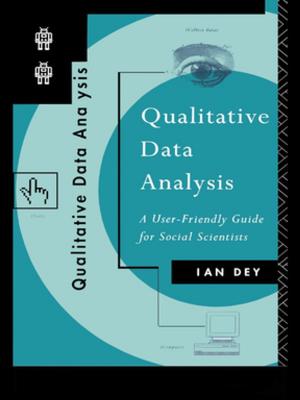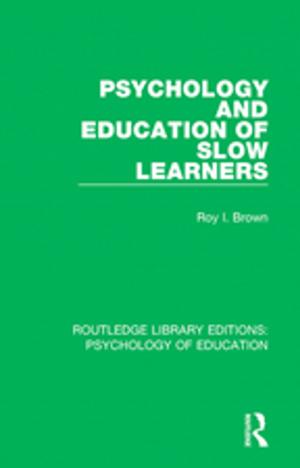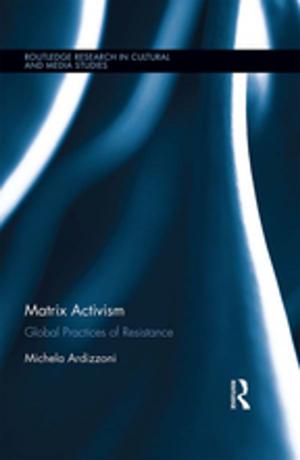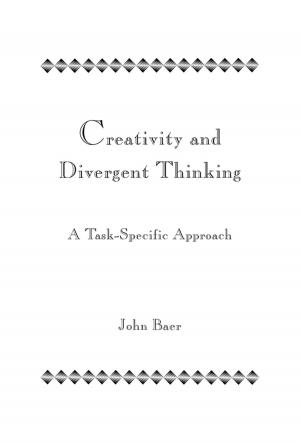D.Z. Phillips' Contemplative Philosophy of Religion
Questions and Responses
Nonfiction, Religion & Spirituality| Author: | ISBN: | 9781317155010 | |
| Publisher: | Taylor and Francis | Publication: | May 13, 2016 |
| Imprint: | Routledge | Language: | English |
| Author: | |
| ISBN: | 9781317155010 |
| Publisher: | Taylor and Francis |
| Publication: | May 13, 2016 |
| Imprint: | Routledge |
| Language: | English |
This collection presents a critical discussion and exploration of the late D.Z. Phillips' contemplative approach in the philosophy of religion. What are the main characteristics of this ground-breaking approach, which is inspired by thinkers like Kierkegaard and Wittgenstein and meant as a serious, critical alternative to the mainstream way of doing philosophy of religion? What is its aim, if it is deliberately avoiding apology and defence of faith? How does Phillips' approach relate to systematic, historical and empirical theology and is it really as 'neutral' as he claims it to be? Or is he, perhaps, a certain kind of theologian? What are the implications of his contemplative philosophy for central issues of religious life today, such as petitionary prayer, the hope of 'eternal life' and radical religious diversity? The essays of six distinguished scholars from five different nations critically and sympathetically address these questions and are responded to by Phillips in essays of his own, written briefly before his sudden death in July 2006.
This collection presents a critical discussion and exploration of the late D.Z. Phillips' contemplative approach in the philosophy of religion. What are the main characteristics of this ground-breaking approach, which is inspired by thinkers like Kierkegaard and Wittgenstein and meant as a serious, critical alternative to the mainstream way of doing philosophy of religion? What is its aim, if it is deliberately avoiding apology and defence of faith? How does Phillips' approach relate to systematic, historical and empirical theology and is it really as 'neutral' as he claims it to be? Or is he, perhaps, a certain kind of theologian? What are the implications of his contemplative philosophy for central issues of religious life today, such as petitionary prayer, the hope of 'eternal life' and radical religious diversity? The essays of six distinguished scholars from five different nations critically and sympathetically address these questions and are responded to by Phillips in essays of his own, written briefly before his sudden death in July 2006.
